Death of father and son pushes community to fight for change
Terence Favors-Denson and his son, Terence Denson Jr. together at an event.
October 28, 2022
Terence “TeRock” Favors-Denson, a Midtown father and advocate for gun law reform, was shot and killed recently.
Favors-Denson worked with Chris 180, a multi-service health organization, and Cure Violence, a “violence interruption program for anti-violence,” and was working to create a nonprofit. He fought to reduce gang violence and crime in Mechanicsville community in Southwest Atlanta after the loss of his son Terence Rocc” Denson Jr., who was a rising Midtown sophomore. Denson Jr. was killed over the summer in Clayton County.
“[Favors-Denson’s] goals were the three E’s: equip, educate and execute,” Denson Jr.’s mother Shquanna Denson said, reading a description of the father’s nonprofit, Better Youth Living Corporation (BYLC). “His purpose was to come with the tools that the people need in order to educate them on how they could be successful with receiving the information that he was providing.”
Favors-Denson worked to put an end to violence, and his work accelerated after Denson Jr.’s death in May. His son’s death was a driving force in his push to impact change, Denson said.
“When he came home from being incarcerated two years ago, he started working towards [fighting crime],” Denson said. “But what motivated him? The death of his son. It just pushed him to go even harder, linking with the right people coming up with a purpose.”
Favors-Denson had plans to develop his own company before his passing. He planned annual book drives, led efforts to clean the community, created healing circles and was beginning a nonprofit to circle back to addressing problems, such as gun violence and trauma behavior patterns.
“We are still going through with his company,” Denson said. Favors-Denson’s cousin Iresha Ridley is keeping his memory alive and plans to take over his non-profit organization.
“Growing up, Favors-Denson was a child who experienced different trials and tribulations in his life so, as he got older, he wanted to make a change and this change started approximately two years ago,” Ridley said. “It was basically about him finding the right sources, and connecting with the right people, in order to start his own non-profit organization.
Denson-Favors’s BYLC non-profit’s formation is underway and expected to be finalized shortly.
“The organization was formed to combat gun violence and trauma behavior patterns within
the Atlanta area; so, some of the activities that we have already started doing are annual bookbag drives, community clean ups, and healing circles conducted after trauma events occur,” Ridley said.
Kimore Worrell was a close friend of Denson Jr.’s during her time at Midtown and now attends Albany State University. They met her junior year of high school and were close until his death.
“Terence was like a little brother to me; he was an angel on earth, and you don’t meet a lot of people like that,” Worrell said of Denson Jr.
Worrell said gun violence has had a big impact on her community.
“We need to make people more aware of gun violence,” Worrell said. “I lost Rocc, then my other friend got shot, and then we lost Rocc’s dad. It’s a nonstop cycle, and the only way it will stop is if we actually take the time to realize how important it is.”
The father and son both had lively personalities. Chris 180 worker Janikqua Cutno spoke about Favors-Denson’s hard work against gun violence, and his participation with the non-profit.
“He could bring people together,” Cutno said. “We marched; we did an anti-gun violence march, and he was able to gather a lot of folks. I’m told a story of him calling one of the pastors that served the community at 7:00 a.m. to remind him about the march and to ask him to come out. So, I think it just speaks very high of his character to know that people would show up for him. All he had to do was make a phone call.”
Favors-Denson has left a lasting impact on his community.
“We call him the neighborhood hero,” Denson said. “Not all heroes wear capes. With that being said, he was making so much change. He was a person who was looking for a change; he wasn’t just doing change; he was doing something about being a part of the change.”


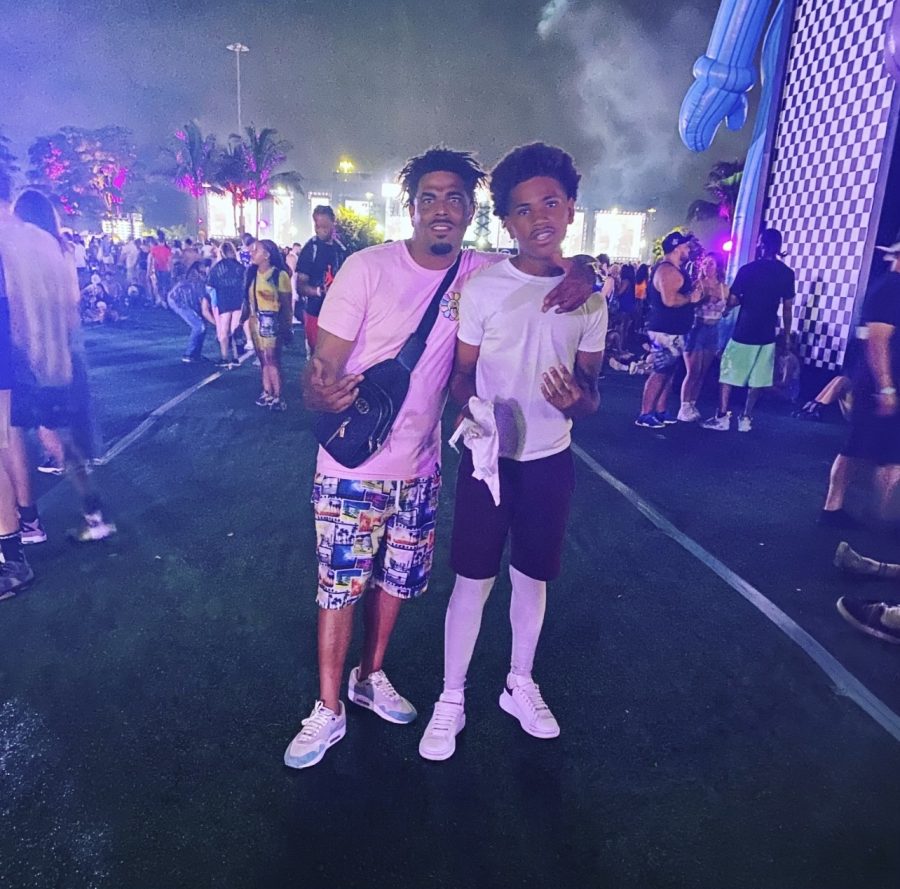
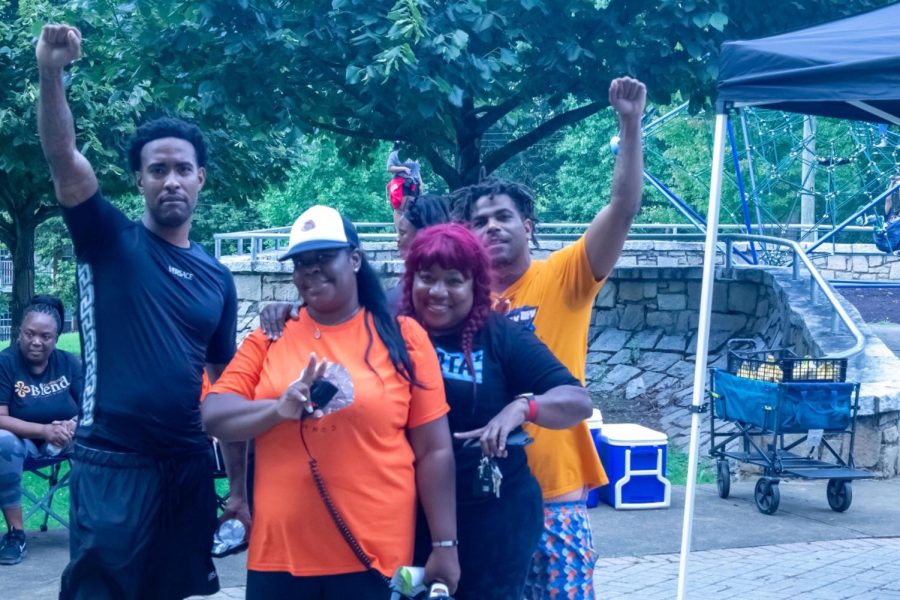
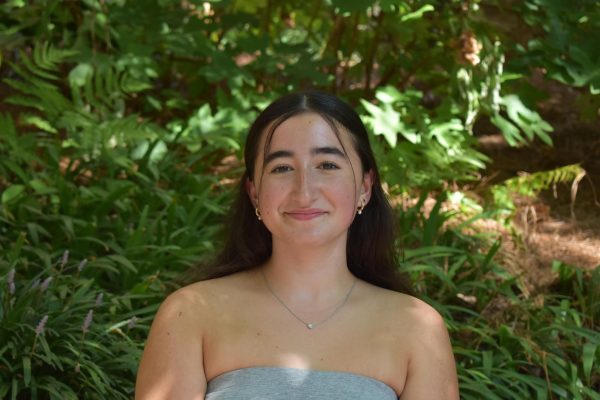
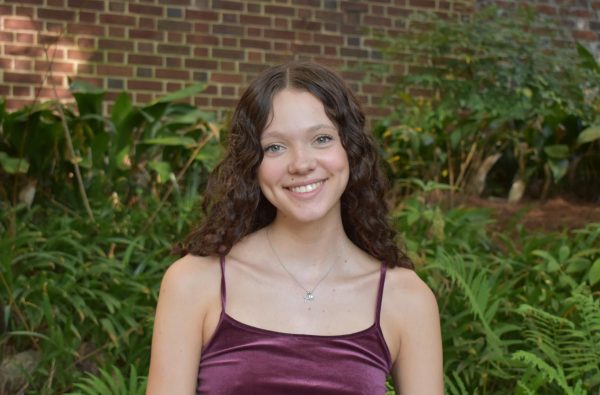
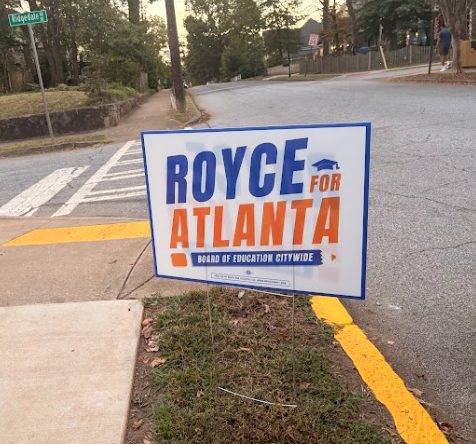




Charles • Nov 2, 2022 at 10:02 am
Your story on the father and son shows a lot about what’s going on in the world!!!
Further down the page you separated rea
lize how important it is
I’m not here to critique but just letting you know